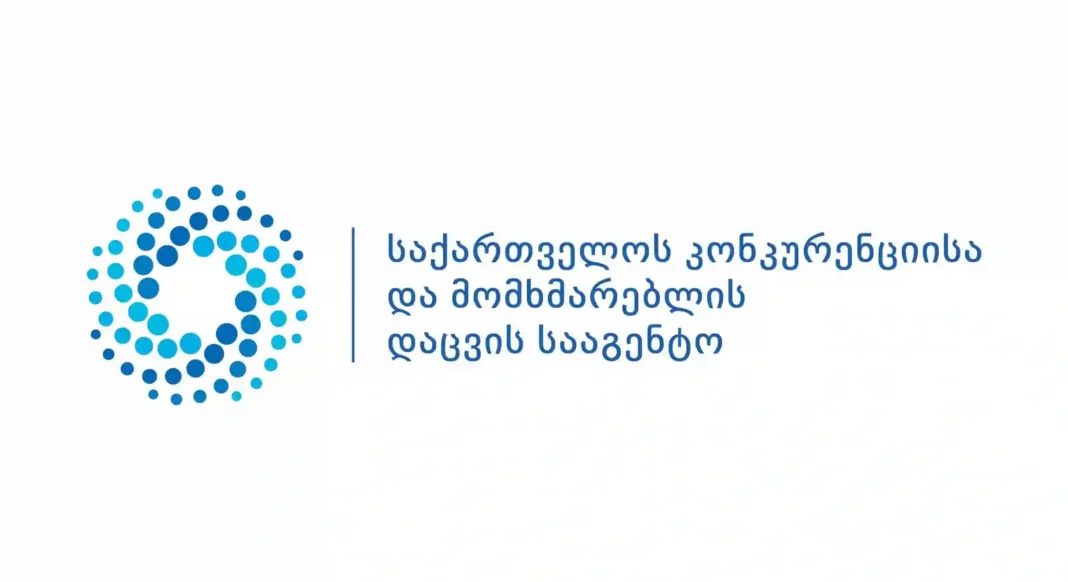Georgian Consumer Rights Protection Agency (GCCPA) has identified the violation of Georgian Law. The issue concerns the non-fulfillment of the contract of conditional obligation signed between the agency and the trader.
Specifically, in March 2024, by the contract of conditional liability signed between the agency and the trader, LLC, “E-commerce.”
Georgia has been evaluating the 2023 “compliance with statutory trade policy requirements and restoring the rights of consumers whose trade policies have harmed in the past, an unreliable execution by the merchant.
Accordingly, the Georgian Competition and Consumer agency(GCCPA) has reviewed the case and will “compete.” Georgia has been identified as a violation of 2023. The study of the circumstances and the evidence presented have confirmed a breach of the merchant’s basic obligation to provide information to the customer, delivery time, and obligation to replace/repair/return defective items.
It is important to note that, according to the agency’s decision, promising a gift/prize to a customer is considered an unfair commercial activity, which has been established in the study of this case. Specifically, the customer bought an item from the merchant, which, according to the promotional conditions, would have to come with a washing dryer as a gift, and the customer would have to reflect 20% of the purchase price on the balance of the store.
In the form of cashback. The customer bought a meat slicer with this cashback. According to the customer’s statement, the promised gift and the item purchased with cashback have yet to be delivered.
Accordingly, the trader was instructed to restore the violated consumer rights within one month and comply with relevant articles of Law requirements.
For information: According to the Georgian Law, if the agency’s decision is not fulfilled within the time period or is unreliable, the trader will be charged a fine, which shall not exceed 2% of the trader’s annual turnover of the previous financial year. Within 12 months, the merchant’s repeated violations will result in doubling the penalty imposed. The agency’s decision can be appealed in court.



